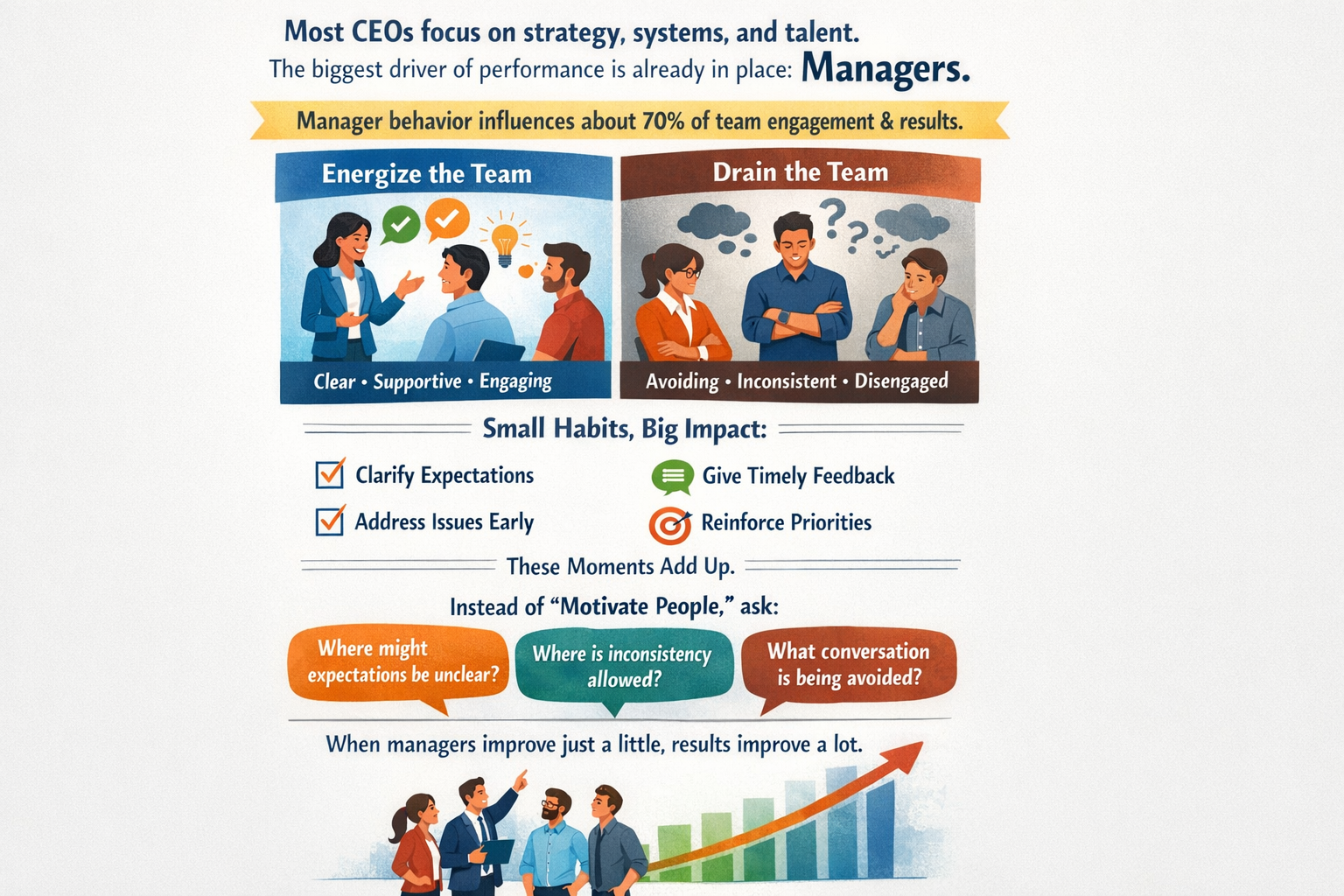Unlocking the Power of Collaboration

Leadership is not a solo act. In fact, the best leaders are not those who go it alone, but those who understand the power of collaboration. Collaboration allows leaders to tap into the collective intelligence and strengths of their team, resulting in better decisions, stronger relationships, and greater innovation.
When everyone on the team contributes their ideas, insights, and expertise, the result is a more comprehensive and well-rounded solution. By listening to different opinions and perspectives, leaders gain a broader understanding of the challenges and opportunities they face.
Collaboration also fosters strong relationships and trust among team members. When leaders actively involve their team in decision-making and problem-solving, they show that they value and respect their input. This creates a sense of ownership and empowerment, which leads to increased engagement and commitment from the team.
Collaboration is not only beneficial for a sense of team; it also drives innovation. When individuals with different backgrounds and perspectives come together, they bring a wealth of ideas and creativity. By encouraging brainstorming and open dialogue, leaders can foster a culture of innovation and push the boundaries of what’s possible.
Fostering a collaborative culture also requires clear role definitions and accountability. Clarifying each team member’s responsibilities as well as ensuring they have a clear understanding of the group’s objectives is critical. This enables your team to work together more seamlessly.
Open communication channels are essential for collaboration. Provide frequent opportunities for team members to share ideas, ask questions, and provide feedback. Encourage active participation in team meetings and support open discussions. This promotes transparency and ensures everyone has a voice.
As a leader, it’s crucial to recognize that it is best for you to not do it all alone. Embracing collaboration not only yields better outcomes but also strengthens the relationships within your team, increasing morale, productivity, and bottom-line results.


